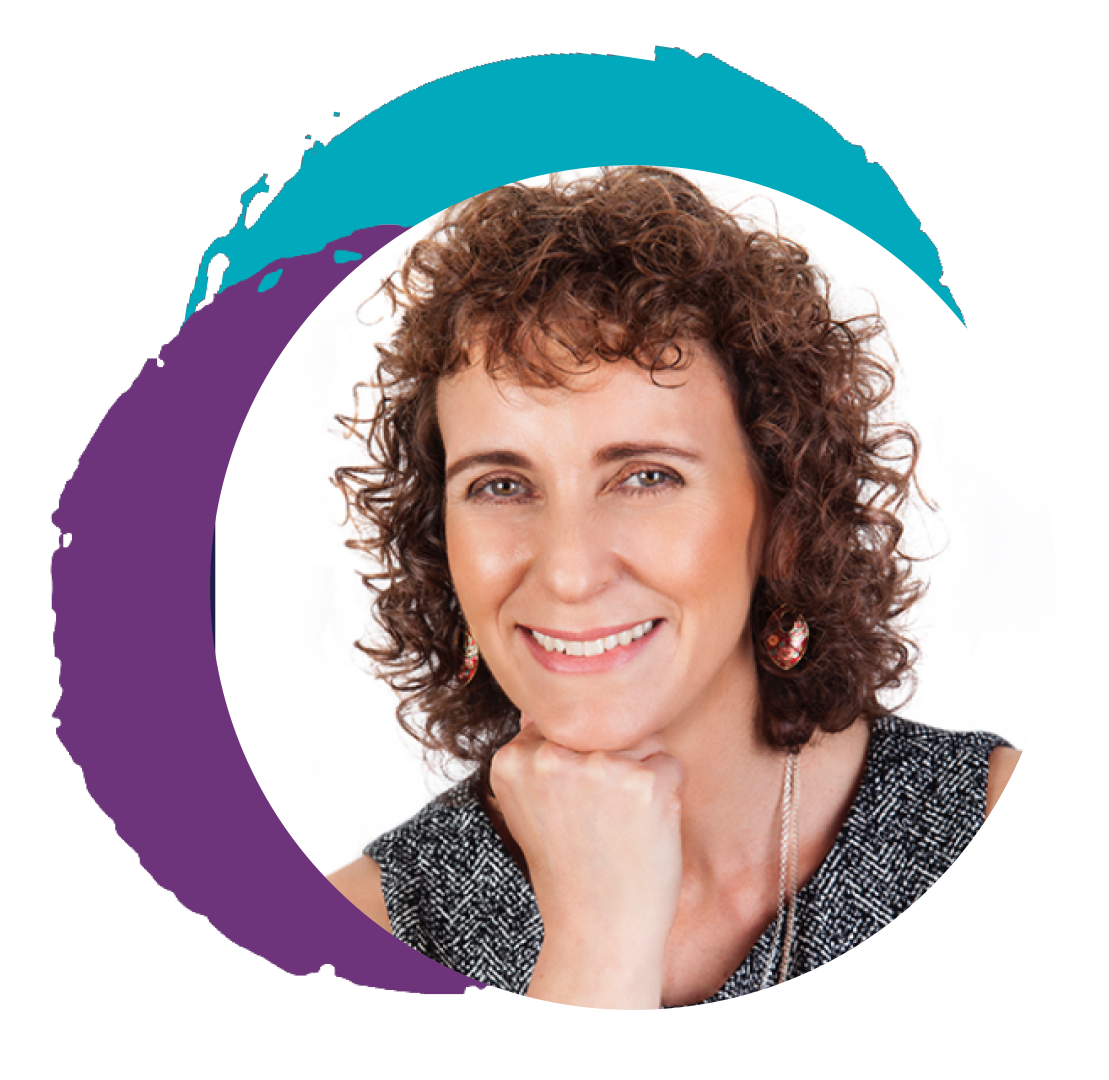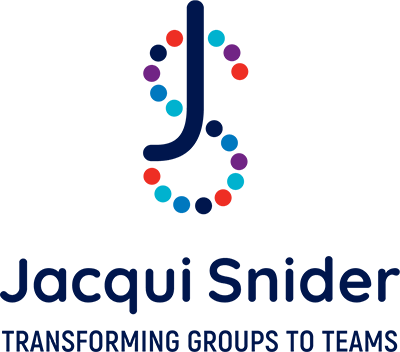In this article we talk about embodying a coaching mindset and being open to what you don’t know. We provide tips for Early Childhood Intervention practitioners for developing your own self-awareness. We also provide suggestions to help you foster open and transparent conversations with colleagues, families and in your significant relationships. Our aim is to help you be an even better practitioner. We want you to show up in a way that gets you better outcomes in all your interactions.
There are known knowns: things we know we know; there are known unknowns and there are unknown unknowns, things we do not know we don’t know.
Donald Rumsfeld 2009
Over the past couple of weeks, I have enjoyed travelling for work through far north QLD. I have been presenting my Foundation Coach Approach workshops to Early Childhood Intervention Service providers. The audience has included Managers, Administration Workers, Therapists, Planners and Coordinators.
At the end of each of these jam-packed training sessions, I have unwound by reading a great thriller called “I am Pilgrim” by Terry Hayes. In the story, Pilgrim is the code name for someone who doesn’t exist. Pilgrim is a secret service agent. He solves crimes by looking for what he didn’t know he didn’t know. His genius was this ability to look for clues that he didn’t know existed and couldn’t see.
I couldn’t help but see the similarities to my work! That is, the novel I was reading and my desire to coach and train people to develop a coaching mindset. It struck me that getting my students to adopt this mindset means supporting them to be “open to not knowing.” This means helping them discover the things about themselves that they don’t know that they don’t know! These are the very things that can help them be more effective in their own lives. It can also help in their relationships with others, both at home and in the workplace.
As the saying goes: “keep thinking what you are thinking, and you will keep doing what you are doing … And you will keep getting the same results!”
What Is A Coaching Mindset?
The act of setting out to embody a coaching mindset means committing to the pursuit of getting to know “what you don’t know you don’t know!” It is about making the invisible visible. It brings clarity and shared understanding and meaning to the table. Only then can you think and do something different.
Making the Invisible Visible – What is Not Being Said?
There is “what people say” and what they think and don’t say out loud. Which do you think is the stronger driver of their behaviour?
Have you ever been in a workplace meeting where you can feel the tension and resistance in the room? Not a bad word is said among colleagues or management, but you could still cut the tension with a knife. There may be an angry silence, and no one is prepared to speak up for fear of an unknown outcome.
Why are we afraid to speak out our truth in the workplace? Do we really not want people to know how we are feeling, or do we believe they should they already know?
Modern behavioural science suggests that we associate pain with being vulnerable. Or in saying what’s on our mind. We associate pleasure with the perceived safety of silence.
There is actually not a lot of safety in silence! Whilst you may not look vulnerable, it is very hard to hide any feelings of disdain, frustration and distrust. These become quite obvious in body language and mannerisms. People can sense negative energy far stronger than any spoken word.
Instinctively Making Meaning
When we don’t know what someone is thinking and feeling, all we have left is to make it up! We decide ourselves the intent and meaning of their words and whose best interests they have at heart. To do this, we use whatever information we can muster from both our past and present experiences. This allows us to interpret the meaning of an interaction. Human beings do this because we are hardwired to find meaning in a situation. Instinctively this lets us decide if we are safe.
We are meaning making machines. Making meaning is not good nor bad, it just “is”. When you are aware that you do it, you can take steps to find clarity. You can work to find a shared meaning of both the intent and message of the speaker.
You can’t be a great coach unless you focus on making the invisible visible. This includes increasing your own self-awareness, awareness of others and the awareness of your impact on others.
How will you find out what people have not yet revealed to you about your interactions and impact? What would enable them to feel safe to be honest with you in the nicest possible way? In the workplace, we want to create a culture where people associate pleasure with having open honest conversations.
Coaching is all about listening deeply & asking powerful questions of participants. This help to explore their perception of “what is” for themselves and what they believe about those around them. In effect, that means working towards “making the invisible visible”.
There is a great deal of value to be had from the insights and knowing of what others leave unsaid….
Imagine if the people that matter in your life incorrectly interpret your behaviour? Imagine if you didn’t realise this? Perhaps they see your well-intended candour as arrogance and insensitivity? Or when you interrupt them as being “it’s all about me”? They might not let on for fear of offending or creating a conflict that they would prefer to avoid…. and you go on thinking all is well. These kind of misunderstandings make working together difficult and unclear.
Consider the following:
- If you knew what you were doing or saying was impacting someone negatively, would you want to know so you could change it?
- If you knew what someone was really thinking about what you were trying to achieve, could it allow you to be more relevant and targeted in your interaction with them?
- How would being curious about what others are really thinking and feeling impact on how they think and feel about you?
- How would knowing when others have interpreted your words differently to you, assist you move forward with your goals?
Encouraging You to Be Transparent
There is also a great deal of value to be gained from letting others know what you are leaving unsaid….
- How will others really understand your intention, if you don’t share it with them?
- How will it impact the outcome if they understood your “why”?
- How will you feel if you have been able to be honest and open about your intention and what things means for you and those around you?
Just like the “Pilgrim” from my book, we all have the power to discover what we don’t know. This is only if we are open to not knowing in the first instance and are really interested to look.
Do you need help understanding what it is you don’t know? Do you want to have more open and honest conversations in your workplace to allow your team to grow? Do you have a team that are struggling to work together? Ask about our Foundation Coach Approach workshop, where we can teach you about the power of up-regulating and down-regulating instinctive brain chemicals to radically change your outcomes. It is powerful knowledge. Contact me to find out more and to discuss your specific requirements.




